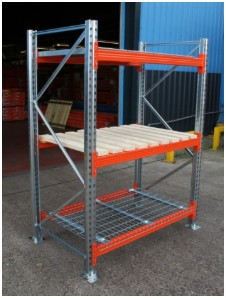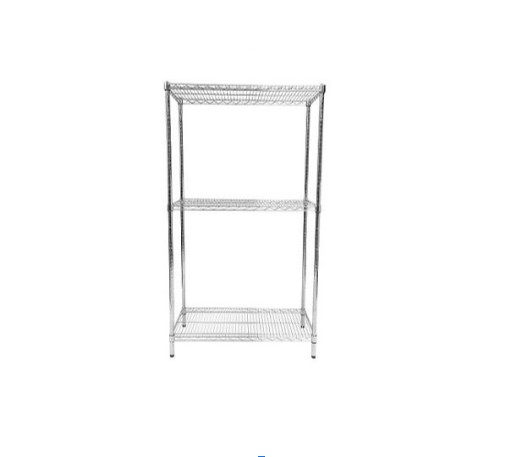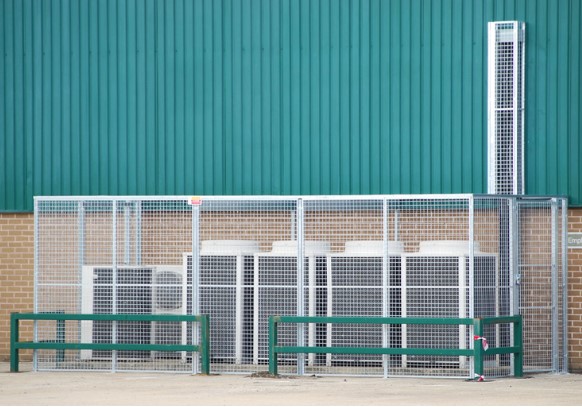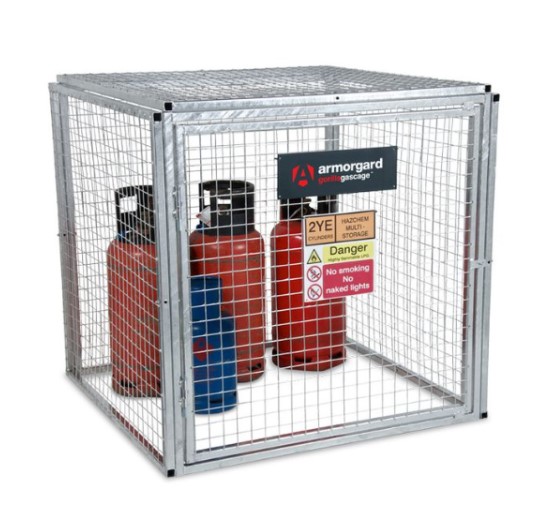Popular Uses for Metal Shelves in the Workplace

Popular Uses for Metal Shelves in the Workplace
Metal shelves are highly valued in various workplace environments, thanks to their durability, strength, and versatility. Whether in offices, warehouses, or retail spaces, these shelving systems can streamline storage, improve organisation, and create a cleaner, more efficient work environment. Here’s a look at some popular uses for metal shelving in the workplace, and tips on how to organise metal shelves effectively for maximum functionality.

1. Storage and Organisation in Warehouses
In warehouse settings, metal storage shelves play a critical role in keeping large inventories organised and easily accessible. Heavy-duty metal racking shelves allow for the efficient storage of goods in bulk, with adjustable heights to accommodate various sizes. By using these shelves for categorised storage, warehouses can streamline picking and packing processes, minimise misplaced items, and improve inventory management.
To maximise the organisation, consider labelling each section clearly and grouping similar products together, making it quicker and easier to locate items when needed. Adding dividers or bins to the shelves can also help in storing smaller items that might otherwise get lost.
2. Display and Storage in Retail Environments
Retail stores also rely on metal wall shelves and freestanding units to showcase products. Metal shelving units can hold a wide variety of goods, from clothing and electronics to books and home decor. Their robust construction makes them ideal for handling heavier items, while their sleek and modern appearance complements many store aesthetics.
To create an eye-catching display, store managers can mix metal shelves with wood or glass elements for a unique look, using adjustable shelving heights to highlight featured products. When organising metal shelves in a retail setting, consider using colour coordination and strategic lighting to draw attention to certain products, maximising the visual appeal.
3. Storage for Tools and Equipment in Workshops
In workshops and garages, metal shelving units are invaluable for keeping tools and equipment organised. For environments that require heavy-duty storage, metal racking shelves provide a safe, reliable solution that can withstand the weight of power tools, toolboxes, and other heavy items. Shelving units with reinforced brackets or crossbars are especially helpful for heavy-duty applications.
When arranging tools on metal shelves, grouping them by frequency of use can enhance accessibility. Place frequently used items at eye level and label each section clearly. Pegboards or hooks on the sides of the shelves can also provide additional storage for smaller tools, maximising the unit’s storage potential.

4. File and Document Storage in Offices
In offices, metal shelves offer an effective way to store and organise files, binders, and documents. Metal storage shelves are ideal for this purpose due to their strength, allowing them to support the weight of multiple files and binders without sagging over time. Metal wall shelves can also be installed in offices with limited floor space, freeing up room while providing accessible storage.
To keep documents organised, consider labelling sections of the shelving for different departments or file types. Using file boxes and binders can help categorise paperwork, while organising files in alphabetical or chronological order can simplify retrieval.
5. Food and Supply Storage in Restaurants and Kitchens
In commercial kitchens and restaurants, metal storage shelves are essential for storing non-perishable food items, cleaning supplies, and kitchen equipment. Metal is a preferred material in these environments because it is easy to clean, resists corrosion, and meets hygiene standards.
When organising metal shelves in a kitchen, it’s crucial to follow food safety guidelines and place items according to their storage requirements. For example, keep canned goods and non-perishables on lower shelves, while more frequently used items should be easily accessible at eye level. Using bins or clear containers can also help prevent cross-contamination and keep the shelves tidy.
Conclusion
Metal shelves serve a range of functions in the workplace, from heavy-duty storage in warehouses to stylish product displays in retail environments. By selecting the right type of shelving and implementing effective organisation strategies, businesses can create efficient, productive, and aesthetically pleasing spaces. Whether you’re working with metal wall shelves in an office or metal racking shelves in a workshop, these versatile units offer unmatched reliability and flexibility across various work environments.
With proper organisation, businesses can make the most of their metal shelving, ensuring easy access to tools, products, and essential items—making it easier for teams to stay productive and focused on their tasks.











